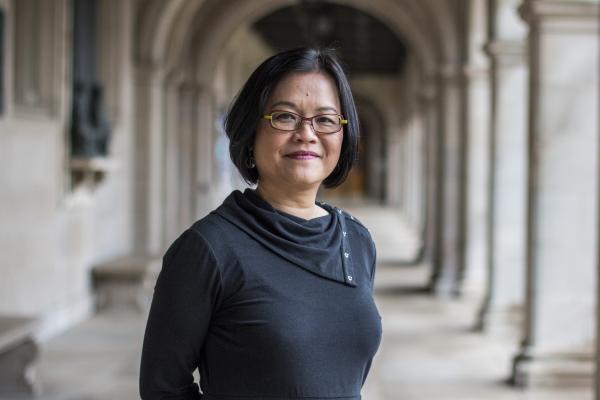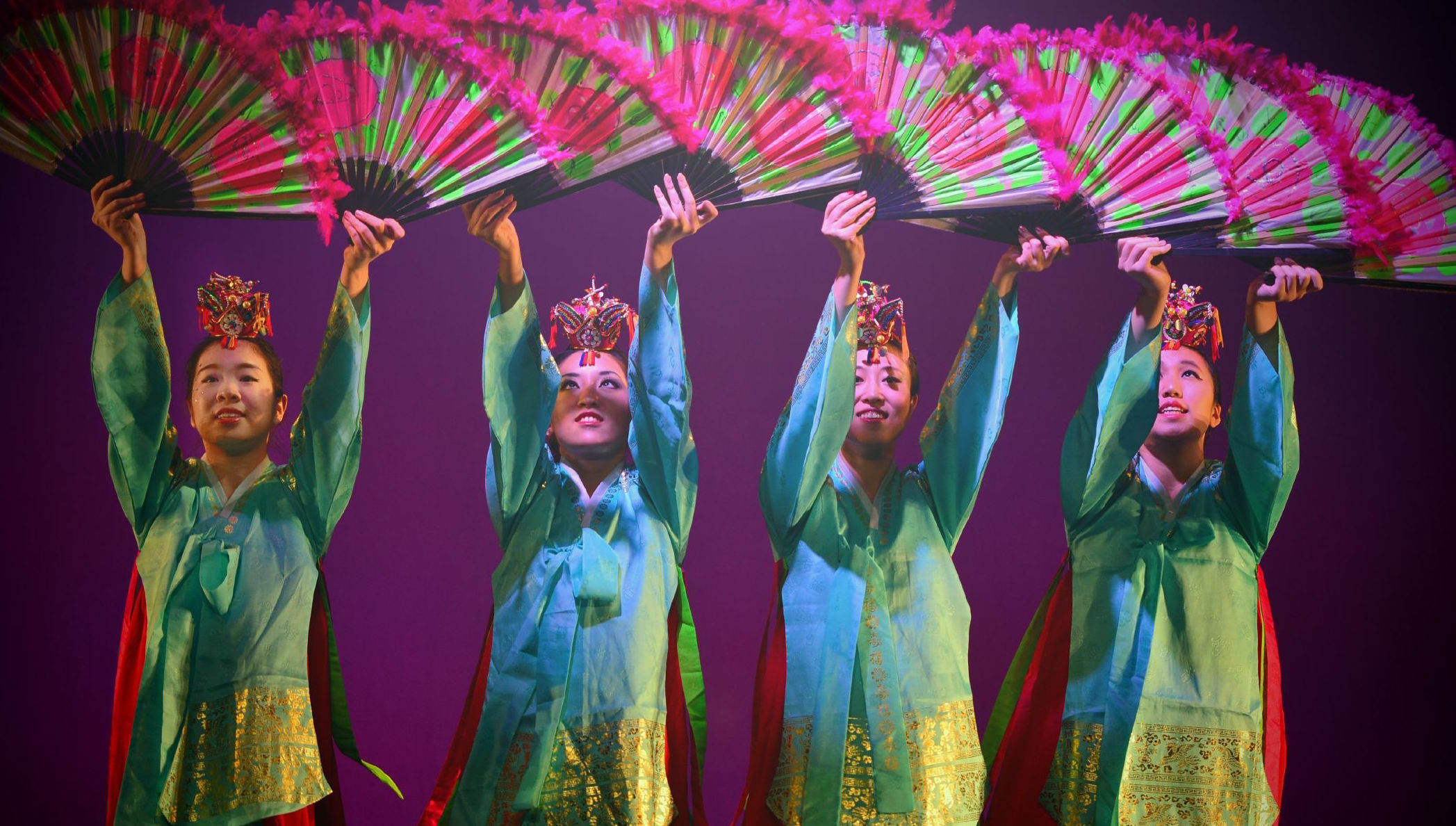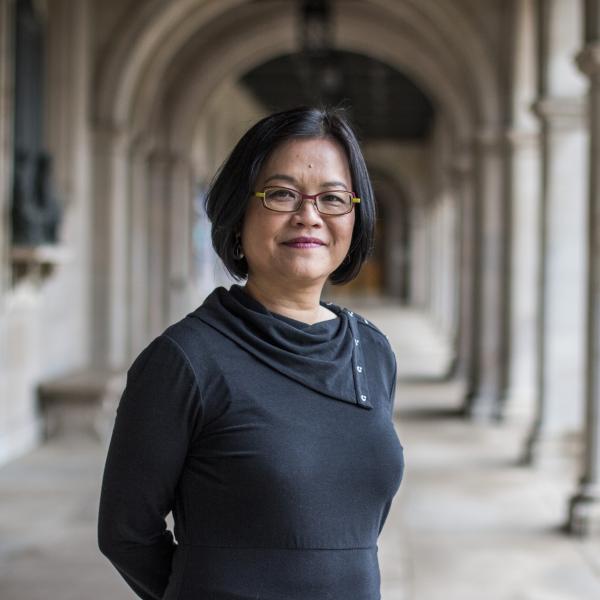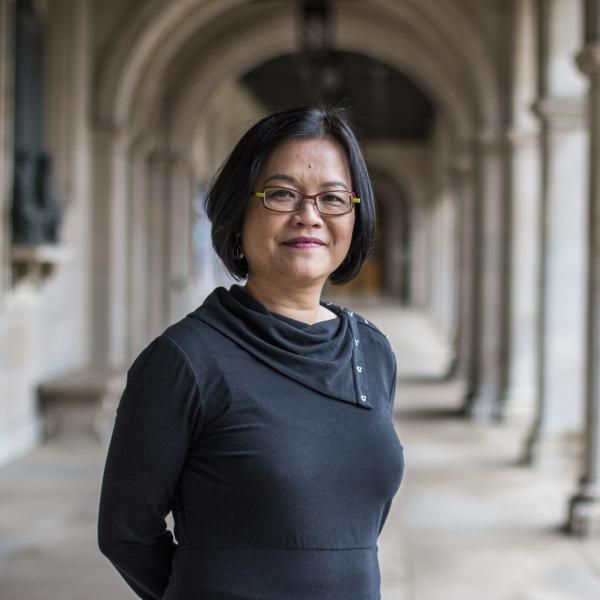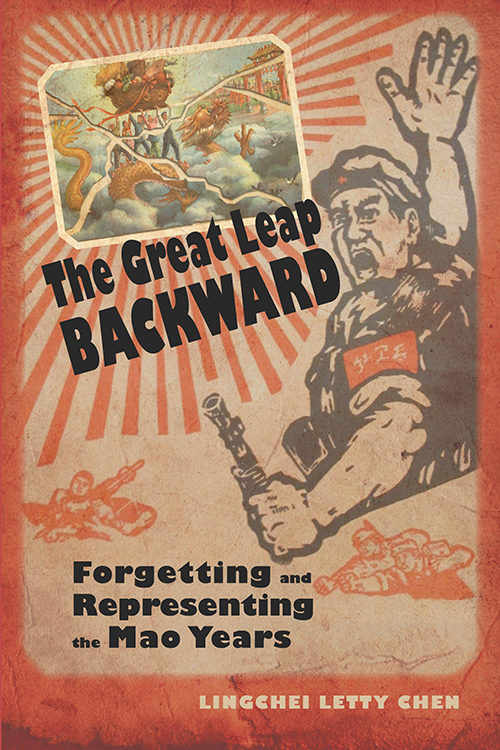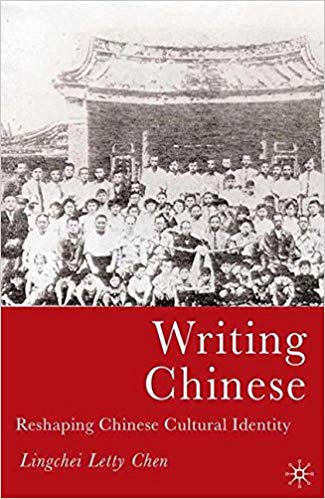Lingchei Letty Chen's research interests include mnemonic writings of the Mao era. She teaches courses on modern Chinese literature.
As a scholar of comparative literature with a specialization in modern Chinese literature, Professor Lingchei Letty Chen’s research centers on identity politics, memory writings, migration and displacement. More specifically, her interest has focused on modern and contemporary Chinese-language literatures and cultures of Mainland China, Taiwan, and Hong Kong, as well as works by Chinese expatriates, or the diaspora, residing in the West.
Professor Chen’s first monograph, Writing Chinese: Reshaping Chinese Cultural Identity (2006), explores the question of cultural identity— of discovering or rediscovering who we are as cultural beings. The monograph examines a spectrum of contemporary writers, variously identified as “Chinese,” who leveraged their experience with identity struggles amidst waves of cultural globalization. The issue of dis/claiming ‘Chineseness’ is the axis of the book’s investigation of the nature of cultural identity in the context of global/local dynamics. Her monograph works towards a theoretical framework for a trans-national cultural identity. A study of literary narrative that assesses the impact of globalization on cultural identity, this monograph situates the various texts by writers from China, Taiwan, Hong Kong, the Chinese-American community, and the Chinese diasporas, and examines how geopolitical locales, boundary-crossing, and one’s cultural heritage affect the conception of cultural identity within the relevant historical context. Her book is one of the first systematic explorations of the question of ‘Chineseness’— an issue that has become one of the most debated since the notion of ‘Sinophone’ entered the field of modern Chinese literary and cinematic studies in 2007.
Leading to her second book project was an interest in examining a particular group of women Chinese expatriate authors who made their literary debut by publishing, in English, their personal narratives of the Cultural Revolution. Professor Chen found in these Anglophone Cultural Revolution memoirs a fascinating identity politics. Naturally the premises and scope of this book project have evolved from this initial interest in the Anglophone Cultural Revolution memoirs. The Great Leap Backward: Forgetting and Representing the Mao Years (2020) explores how generational memory functions in accounts of trauma, and how the signification of such interplay bears witness to historical calamities such as the Great Famine created by the Great Leap Forward and the Cultural Revolution that took place in China during the Maoist era. This book is the first study to leverage the singular contribution of Holocaust studies to the broader field of memory studies in order to establish an interpretive framework for reading memory writings of the Mao era. The book probed the function of memory in trauma-based narratives and studies how this interplay bears witness to historical calamities. The book examines widely available forms of memory work such as fiction, memoirs, autobiographies, and documentary films that have surfaced since the death of Mao. These works reflect the complex dynamics underlying remembering and forgetting. They also amply reflect the politics of writing and publishing traumatic historical memories in contemporary China and beyond.
After having focused on the Maoist era, Professor Chen wants to turn her attention to Chiang Kai-shek’s reign in Taiwan during the same Cold War period. Although the Chinese civil war (1945-1949) resulted in a divided China with two political regimes, their historical trajectories are nonetheless intertwined. Her current book project, tentatively entitled Memory Crisis in the Cold War: Nationalist Cultural Policies and Literary Production in Taiwan during 1950s and 1960s, focuses on Taiwan’s literary production and the Nationalist (Kuomintang) government’s cultural policies during the height of the Cold War, particularly the 1950s and 60s. This third project follows upon her earlier book projects, and they collectively reflect her abiding interest in identity politics for groups affected by empire, state, and authoritarianism. She is particularly interested in the impact of memory and postmemory for writers when articulating their reflections upon the aforementioned effects.
Professor Chen’s approach to the study of literature is fundamentally political— she is drawn to questioning how the center seeks to dominate the periphery, and how the periphery fights back. She also interrogates the ethics of bearing historical witness through writing, the social and political role of the writer-intellectual, and the obligation of scholars like herself to embrace a principled and humanistic stance.

